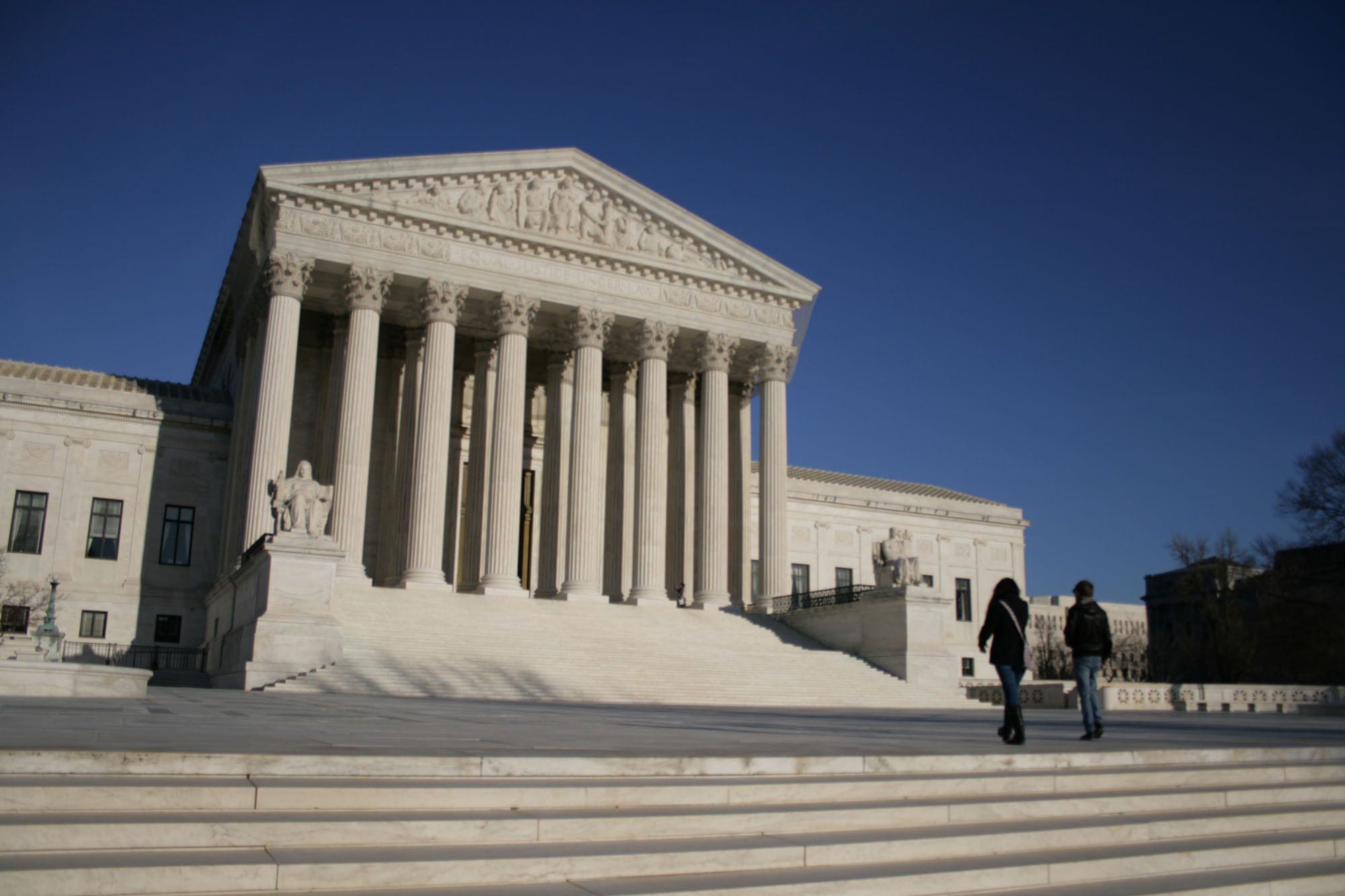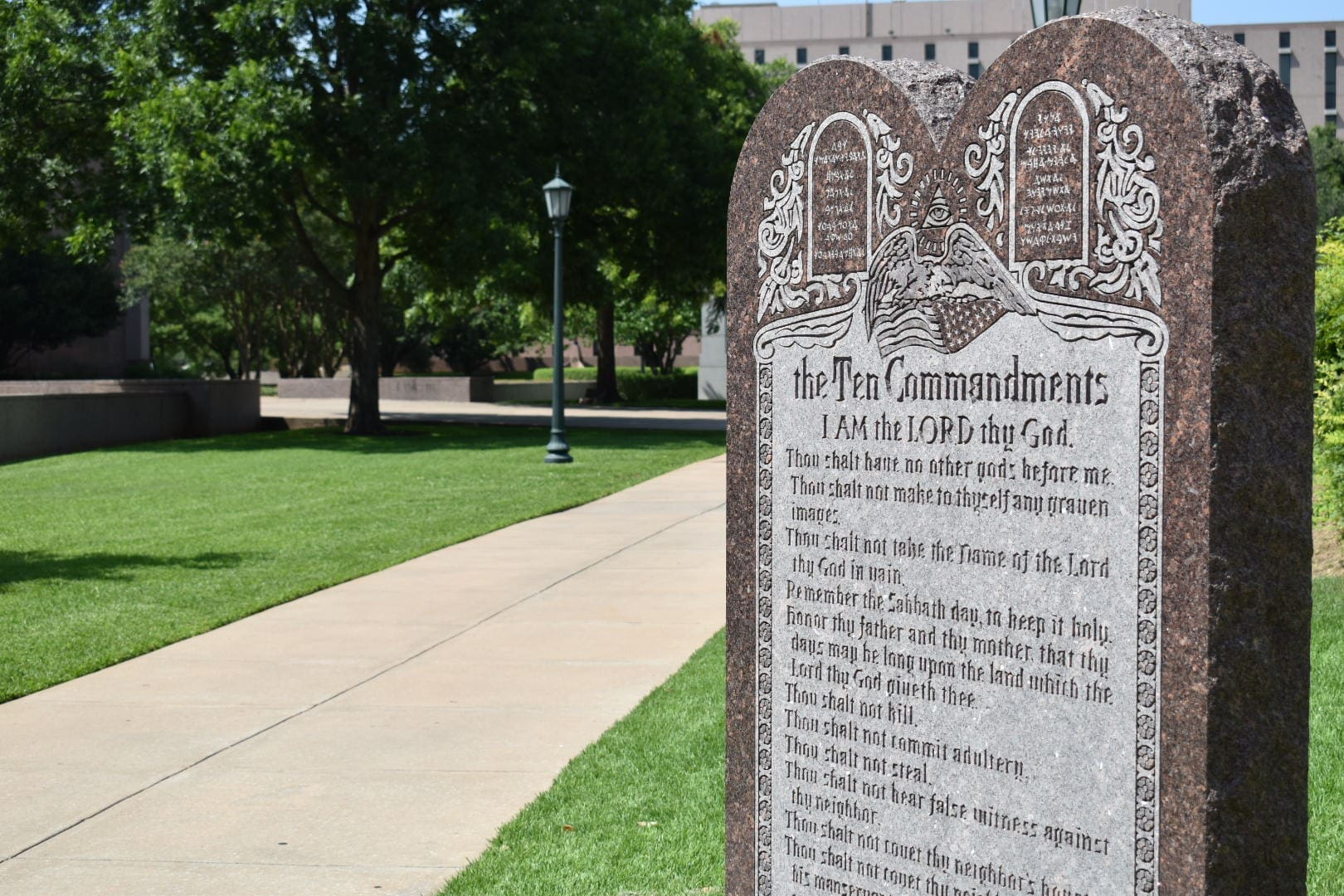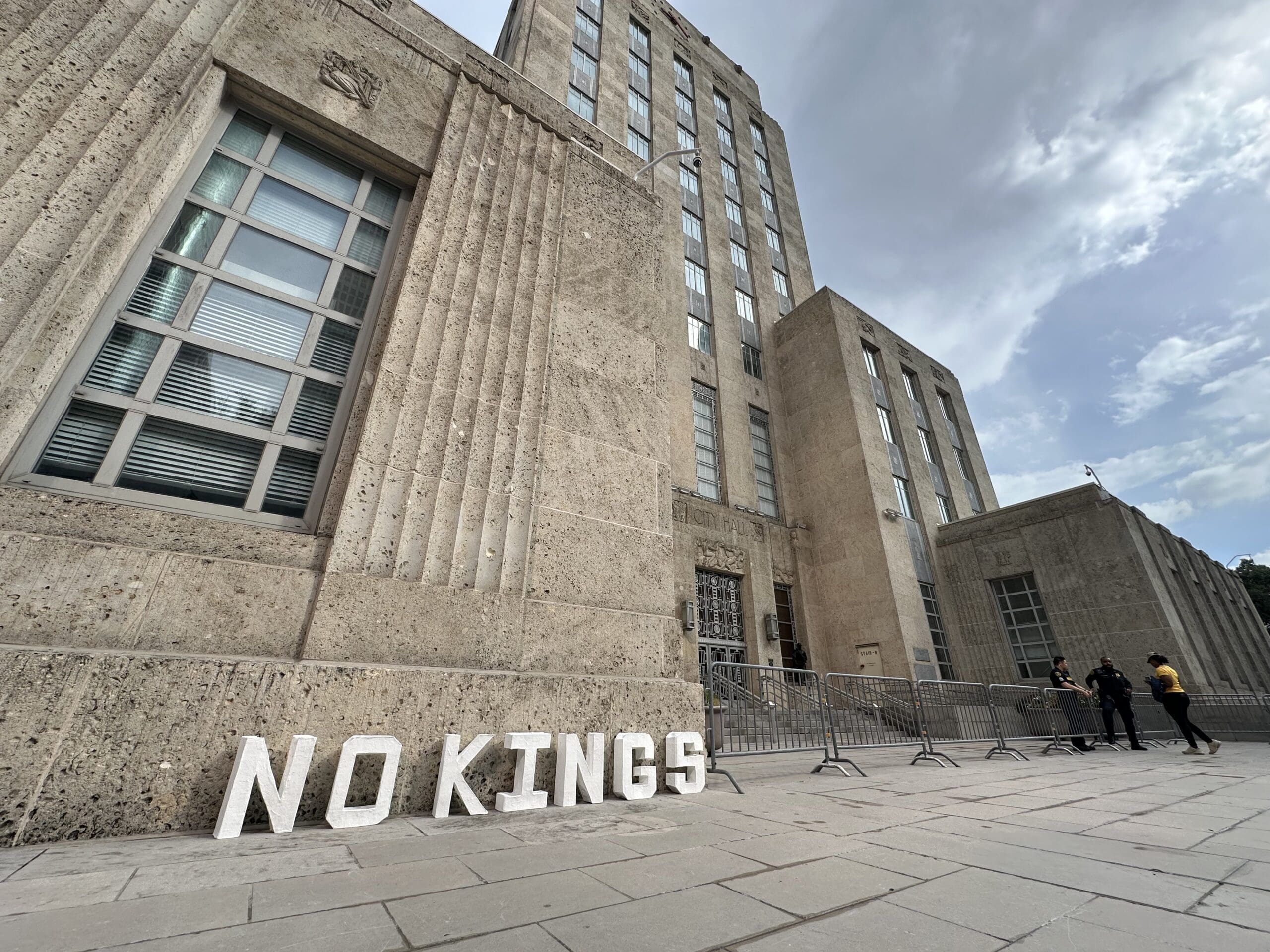Two additional amicus briefs have been filed in support of Michael Quinn Sullivan’s petition before the U.S. Supreme Court, further amplifying arguments that Texas’ lobbying registration law violates the First Amendment.
The Manhattan Institute, a public policy think tank, and the Cato Institute, alongside the Foundation for Individual Rights and Expression (FIRE), have submitted separate filings urging the Court to take up the case. Both briefs argue that Texas’ lobbying registration requirements amount to an unconstitutional restriction on free speech.
The Manhattan Institute’s brief likens Texas’ law to historical censorship regimes, arguing that registration and licensing requirements have long been used by authoritarian governments to suppress dissent.
“Licensing schemes, though they may appear harmless, can often serve as proxy ‘prior restraints’ on speech. By requiring citizens to get permission for their speech, licensing laws supplant the authority of the individual over government.”
The brief further argues that Texas’ registration law creates an unconstitutional barrier to political discourse, drawing parallels to early British press restrictions that the Founding Fathers explicitly sought to prohibit.
The Cato Institute and FIRE take a similar position, warning that Texas’ law functions as a prior restraint on political speech and deters average Americans from engaging in advocacy.
“Prior restraints on speech are the most serious and least tolerable infringement on First Amendment rights,” their brief states, arguing that the law effectively forces citizens to ask for permission before engaging in political activism.
Their filing also underscores how state officials can use the law to retaliate against critics, pointing to the $10,000 fine imposed on Sullivan after he published a legislative rating system critical of certain lawmakers.
“If the First Amendment has any force, it prohibits government officials from fining or jailing citizens for simply engaging in political speech,” the brief warns.
The Texas Ethics Commission, which enforces the state’s lobbying laws, has faced increasing scrutiny for what critics call overreach in regulating political speech. The latest amicus briefs add to growing calls for the Supreme Court to hear Sullivan’s case and clarify when state lobbying laws cross the line into unconstitutional restrictions on advocacy.
Attorney General Ken Paxton has also filed a separate amicus brief in support of Sullivan, arguing that the Texas Ethics Commission’s enforcement is unconstitutional and warning that the state’s lobbying laws impose an unlawful burden on free speech and public participation in government.
The Court has yet to decide whether it will grant certiorari and take up the case.
No ads. No paywalls. No government grants. No corporate masters.
Just real news for real Texans.
Support Texas Scorecard to keep it that way!





